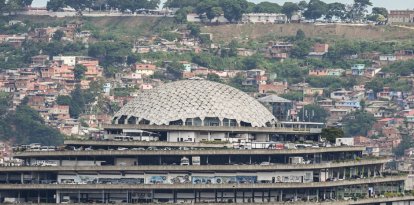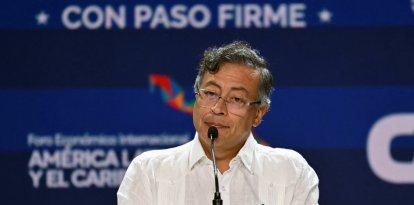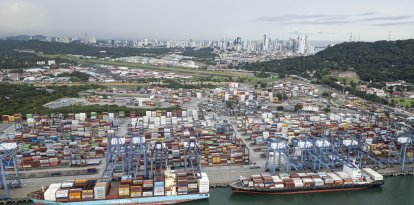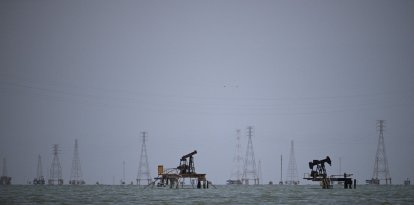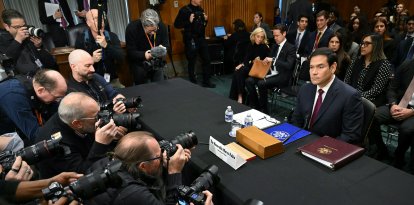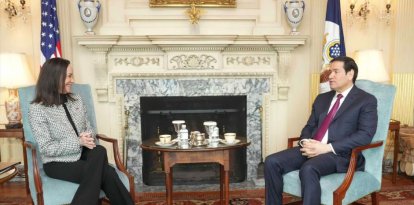Why are Spaniards protesting against Pedro Sánchez's socialist government?
Citizens have taken to the streets to protest against an amnesty law that Pedro Sánchez intends to approve to benefit independence groups.
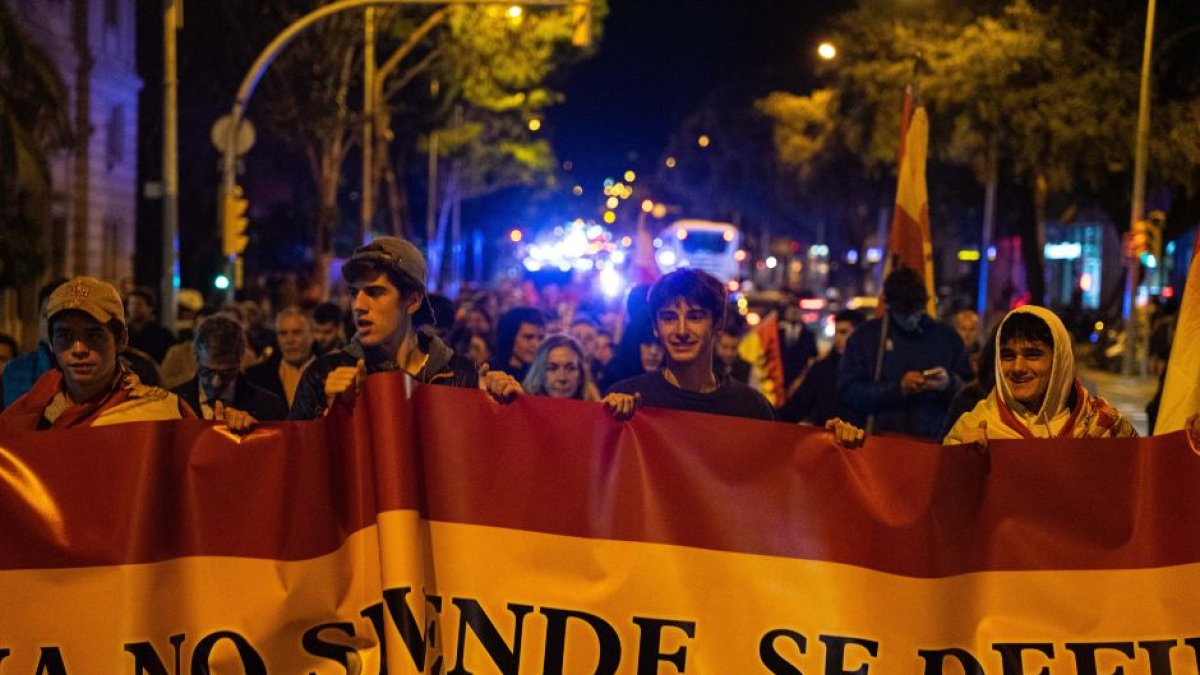
(Cordon Press)
On Monday, Spaniards experienced an unusual event, a demonstration against the government of socialist Pedro Sánchez near the headquarters of the Spanish Socialist Workers' Party (PSOE). It resulted in three arrests for disobedience and attacks against authority, after police fired tear gas to disperse the protesters.
Why are Spaniards protesting?
Citizens have taken to the streets to protest against an amnesty law that Pedro Sánchez intends to approve to benefit the pro-independence parties, those that promote some regions such as Catalonia to become independent from Spain. The law would be part of the agreements that the Socialist Party is reaching with parties like Junts to form a government.
Last week, both parties reached an agreement that includes approving an amnesty for Catalonian politicians convicted of the attempt to achieve independence in 2017. The agreement, according to local media, extends the benefit to Catalonian pro-independence civil associations investigated for terrorism crimes. The agreements occur at a time when Pedro Sánchez needs seven votes in Congress to assure another term as president of the government .
One of the beneficiaries, for example, may be Carles Puigdemont, who was president of Catalonia from 2016 to 2017 until he was removed from office by the Spanish government following the unilateral declaration of Catalonian independence. On Oct. 30, 2017, charges of rebellion, sedition and embezzlement of public funds were brought against Puigdemont and other members of his government. Puigdemont, along with others, fled to Belgium and European Arrest Warrants (EWO) were issued against him.
Meanwhile, in recent days, the unrest in the population over this amnesty has been growing, as citizens believe that it benefits those who tried to end the territorial unity of Spain and that it would be a decision contrary to the equality of all citizens before the law. For this reason, different demonstrations have been called against Sánchez's socialist government.
Reactions from the opposition
Santiago Abascal, leader of the right-wing party Vox and deputy in the Spanish Parliament, supported the call for a demonstration outside the PSOE headquarters. In addition, Abascal maintained that he will take legal measures against Fernando Grande-Marlaska due to measures taken by the police. He also assured that citizens must have the right to protest against the amnesty and asked the Popular Party (leader of the opposition) to make calls for citizens to exercise their right to protest.
"When the Spanish people protest legally and peacefully, that same politician, that apprentice tyrant, orders the police to attack the people with batons and tear gas," Abascal said in statements reported by El Debate.
Abascal also questioned whether there are privileges for criminals in exchange for being president of the government and also highlighted that there are "truncheons and tear gas for citizens who only demand that the law be the same for everyone."
Meanwhile, in the Popular Party they are more cautious. They distanced themselves from this Monday's demonstration, but called for new protests this weekend:
With citizens in the streets defending their rule of law and the integrity of their territory, some magistrates have warned that approving the amnesty would be a violation of the Constitution.
"Using the promulgation of a singular law to invade the powers of the Judiciary as a means of political negotiation constitutes a perversion of the constitutional regime, because nothing would prevent temporary majorities in the composition of the Court from imposing their criteria above the constitutional requirements, under the protection that a norm with that rank cannot be questioned by citizens," said the General Council of the Judiciary (CGPJ) in an institutional declaration approved this Monday in an extraordinary plenary session reported by El Mundo.













